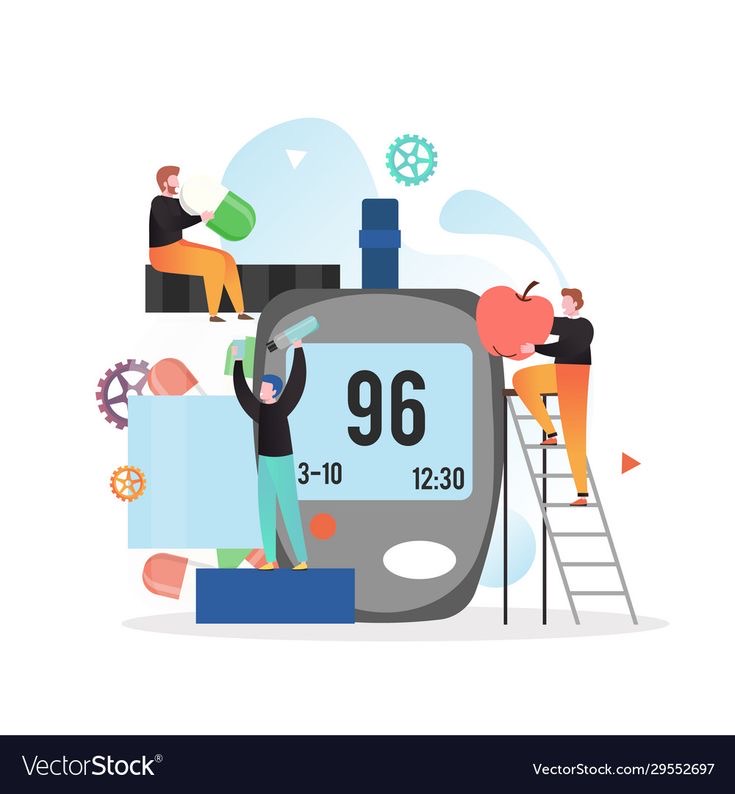
Table of Contents
Revolutionizing Insulin Release Through Music For diabetes : Swiss Researchers’ Innovative Breakthrough
Introduction Swiss researchers have achieved a groundbreaking advancement in diabetes treatment by using music to stimulate insulin release. This extraordinary discovery, published in the renowned medical journal The Lancet, involves utilizing the iconic song “We Will Rock You” by the British rock band Queen to trigger insulin production. Although the concept appears to be an internet hoax, it is indeed based on solid scientific research led by Prof. Martin Fussenegger from ETH Zurich.
Insulin Delivery Transformation
Diabetes patients often rely on insulin injections or pumps due to their insufficient insulin production. Prof. Fussenegger’s team aims to replace these methods with implantable insulin-producing cells encapsulated within the body. This technique allows external control over insulin release, with various stimuli like light, temperature, and electric fields studied for effectiveness.
Harnessing the Power of Sound
The researchers have taken an innovative approach by exploring the impact of music on insulin release. By encapsulating insulin-producing cells with E. coli proteins responsive to mechanical stimuli, they successfully enabled these cells to produce insulin in response to sound waves.
Music as a Trigger Mechanism
The key findings from this research unveil how certain factors influence insulin release:
- Frequency and Volume Optimization The team identified the ideal sound frequency and volume for triggering insulin release in cell cultures. They found that bass frequencies of 50 hertz and a volume level of around 60 decibels (dB) were most effective.
- Timing Matters To achieve optimal results, the sound stimulus needed to last for at least three seconds and pause for a maximum of five seconds. Incorrect intervals led to reduced insulin release.
- Genre Preference Different music genres were tested to gauge their impact on insulin response. Rock music with powerful bass, exemplified by “We Will Rock You,” proved most effective. This was followed by the Avengers movie soundtrack, while classical and guitar music showed weaker results.

Impressive Insulin Response
The researchers noted that “We Will Rock You” elicited approximately 70% of the insulin response within five minutes and a complete response within 15 minutes. This level of responsiveness rivals the natural insulin release triggered by glucose in healthy individuals.
Real-world Application and Challenges
Despite these promising outcomes, the road to clinical application is long. The study currently stands as a proof of concept, demonstrating the potential of controlling genetic networks through sound waves. The actual implementation hinges on pharmaceutical interest. Additionally, the technique isn’t limited to insulin alone; it holds promise for other therapeutic proteins as well.
Practical Considerations
The research extended beyond lab cultures, with insulin-producing cells implanted in mice. The cells exhibited insulin release only when the sound was applied directly to the skin above the implant. Common ambient noises did not lead to unintentional insulin release.
Addressing Safety and Sustainability
One concern addressed by the research team is the possibility of constant insulin release due to everyday noises. The study alleviates this worry, explaining that insulin depots take about four hours to replenish fully. This limits the risk of excessive insulin release leading to hypoglycemia. The system aligns well with a diabetes patient’s regular meal schedule, providing necessary insulin without depletion during periods of fasting.
Conclusion
The Swiss researchers’ innovative approach to insulin release through music has the potential to revolutionize diabetes treatment. While the research is still in its early stages, it offers a glimpse into a future where music, combined with advanced genetic manipulation, could alleviate the burden of management of diabetes and significantly enhance patients’ quality of life.
Share this content:







